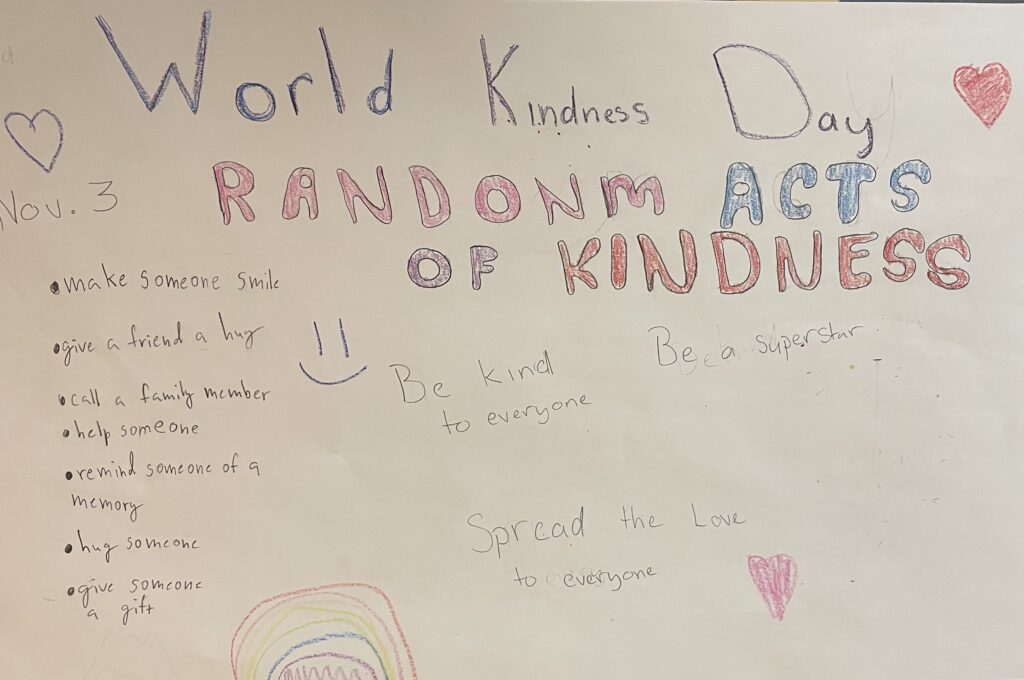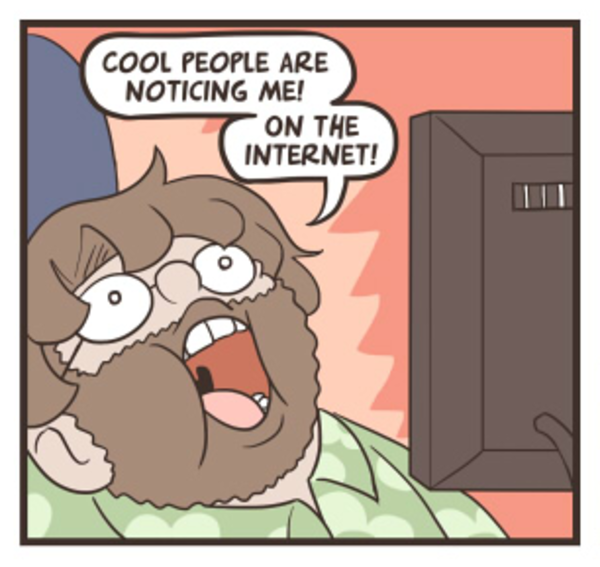
An Eastern monarch asked his wise men to invent a phrase that would apply to all times and in all situations. After careful deliberation, they offered this statement: “And this too shall pass away.”
When Abraham Lincoln heard the story, he mused: “How much it expresses. How chastening in the hour of pride; how consoling in the depths of affliction.”
When you’re going through tough times, don’t be overly discouraged because “this too shall pass away.” And when you’re going through times of prosperity, don’t be smug and proud because “this too shall pass away.” Events are seldom as catastrophic or fortunate as we think. This truth, if embraced, will give us ballast and stabilize our emotions.
In my early forties I had several career leaps that catapulted me up near the top of my profession. The rails were greased and the momentum strong. But the high times were soon tempered by the challenges of life. Good times don’t last forever.
In my late forties I became clinically depressed. I thought my life as I knew it was coming to an end. If you’ve never been depressed, it’s hard to understand the feelings of hopelessness and confusion that torment the mind. I told my wife that we needed to liquidate our belongings and go live with her mother out in the country. But that season of my life passed. With the help of medications, I climbed out of the dark abyss and resumed normal life.
Winston Churchill touched on this thought when he said, “Success is not final…failure is not fatal…it’s the courage to continue that counts.”
Life is a series of ups and downs, but the peaks and the valleys seldom last. So don’t be too discouraged by the low points nor too emboldened by the high points in life. Remind yourself and others of the transitory nature of life. Try to achieve a balanced perspective on life.
Leaders – When your organization is prospering, be grateful but not smug or arrogant. When your organization is faltering, don’t panic but take guided steps to stabilize it.





